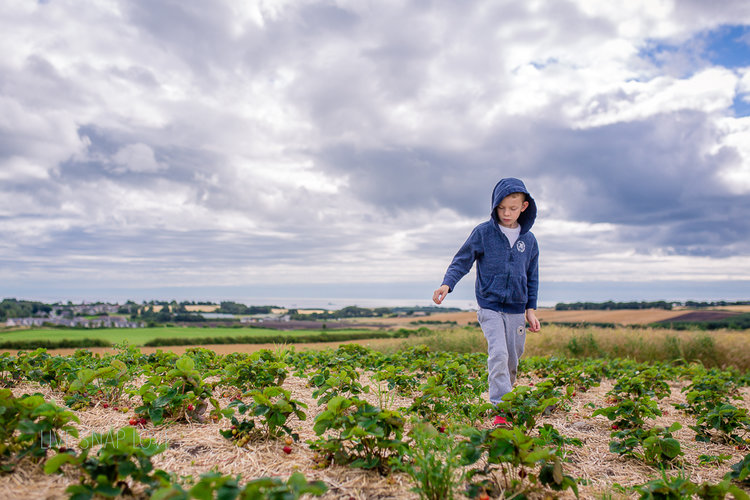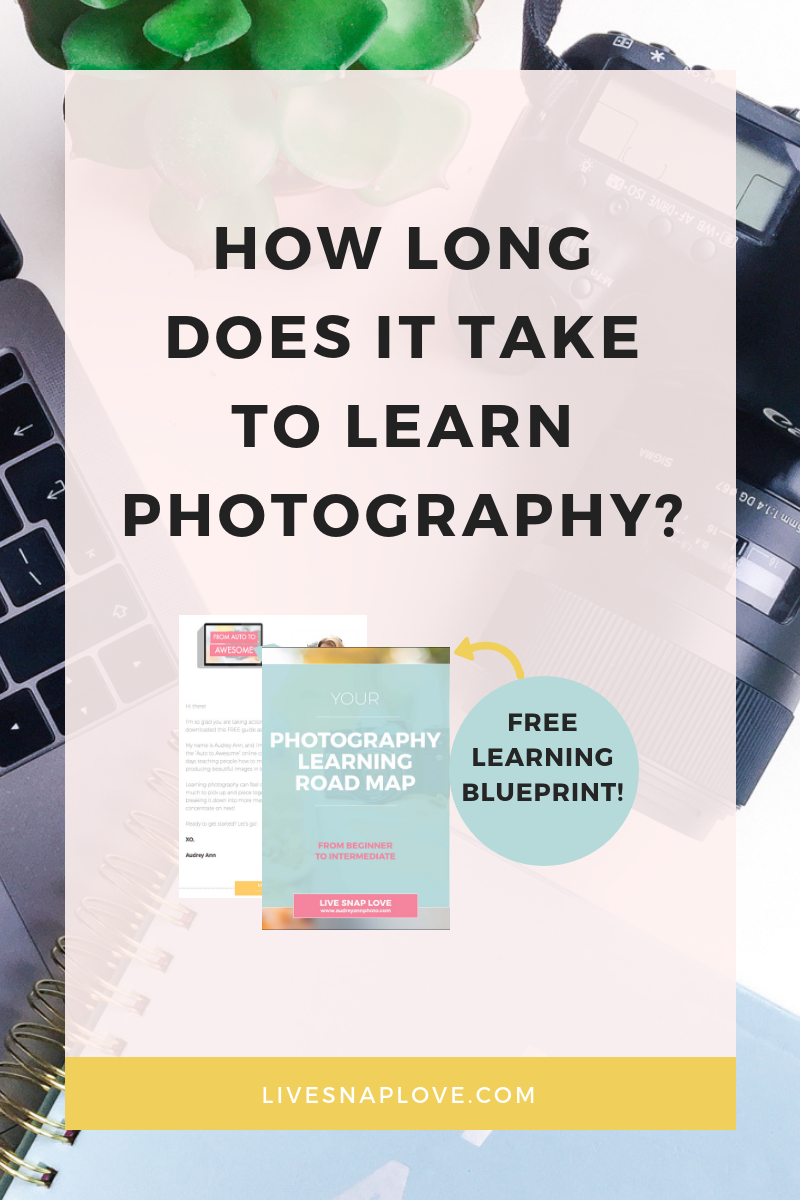How long does it take to learn photography?
This question “how long does it take to learn photography?” is one I’ve gotten in different forms several times over the last few years….usually by people who are feeling SO frustrated because they’ve spent months learning all they can, but still don’t feel like they have reached their goal.
Learning photography really can be overwhelming and frustrating, and sometimes we feel like we might not ever get there, or we’d just love to skip forward on the learning part and get the photos we want NOW.
So, just how long does it take to get good at photography, or at least good enough to take decent photographs?
The bad news is can’t tell you exactly how long it will take you.
But I can give you an idea, based on my own personal experience and from teaching thousands of students, and from the people who have read and commented on this very blog over the last seven years.
Rather than give you a definite timescale, it will be a rough guideline, as the truth is we are all different both in terms on how quickly we pick things up, whether we invest in learning or try to wing it ourselves, and even how much time we have to practice.
Here’s how long it took me….
I would say it took me around three years before I was taking decent images, and then maybe a further 6 months to a year of practice until I was really confident in what I was producing, and could take all the photos I could see in my head. So in total, I would guess at around 3 - 4 years from being a total beginner to having “learnt” photography.
Sounds like a freakin’ helluva long time? It was!
Here’s how that broke down:
I spent the first two years desperately trying to figure it out on my own, getting better for sure, and picking up lots of useful information, but STILL not producing what I wanted. No matter how many blog posts I read, or video tutorials I watched, or how much I practised, I couldn’t for the life of me take the images I could see in my head!
I knew the image i wanted to take, I knew about my settings, but for some reason I couldn’t get the two to come together.
Sure, I would luck out from time to time, and snag a decent photo, but I couldn’t consistently get the images I wanted. It was incredibly frustrating and annoying, I can tell you!
So I caved and enrolled in not one, then two, then THREE different photography courses, determined to figure out where the hell I was going wrong. I took one course on manual mode, one on light, and one on composition.
And although I had already picked up a lot of what was in those courses, they were still totally worth it in terms of growth, because they tied together all the random bits of knowledge I had, and made it all come together and make beautiful sense.
Of course, I still had to practice, but with the right knowledge under my belt, instead of randomly practising the wrong stuff (which is what I had been doing up until then) I got better and better each day, and got confident enough to say I was a photographer.
Here’s the important bit: This 3 year mark is consistent with people who try to go it alone - I’ve known some who have done it in two, and others who took longer, more like 4 years, but the average is around 3 years.
However, for other people it has taken just around 3-6 months to get to that same exact same stage. So, what makes them different - how did they manage to get to past the "beginner" stage before me?
Well, unlike me, they invested in their learning right from the beginning, and didn't wait until they couldn't figure it out on their own.
This meant instead of spending months trying to chase down random information and even more months trying to patch it together, they skipped straight ahead to the practice part, and as a result got better much much quicker.
As with pretty much everything in life, there is a trade off between time and money.
If you want to save time and have some of the hard work done for you, you’ll spend a little money to get it, but you get to the end result faster. Or you can save the cash and do it yourself, but as you have to put all the time in yourself, it will take you longer.
If it is more important for you to get better quickly, perhaps so you don’t miss any more moments of your child’s growing up, or because you want to be able to earn income quicker than that, or just because you know you are short on time as it is, then I would absolutely advise you to get some outside help, ideally in the form of a course.
When you have all the information available to you, laid out in the order you need to learn it, you can then focus on practising, not learning, which will move you forward quicker. Yes, it costs you money, but it will save you countless hours, months and yes, years, of frustration.
I created my acclaimed Auto to Awesome program exactly for this purpose, so if you want something that will get you from A to B in the shortest amount of time, and with the least amount of frustration (and most importantly get it ALL from one course instead of 3!) then check out Auto to Awesome- there's three years worth of knowledge distilled into a six week step by step program right there 😉
If saving money is more important to you, and you have all the time in the world, then that’s fine too! You'll absolutely still get there, but it will just take you that bit longer, and you may have periods of frustration where you can’t figure it out.
But of course, you can still make it easier on yourself by creating a learning "curriculum" for yourself. This will help you stay on track and not go wandering down paths that just aren’t applicable to you yet, and try to make sure you don’t miss anything important out. At the very least it will help take away the overwhelm and make it feel so much more doable!
You can also make a start today by grabbing a copy of my FREE 90 Day Photography Learning Blueprint. It’s a complete roadmap for you to follow that shows you exactly what you need learn to get great photos, and has links to further reading in each one. This little PDF is worth its weight in gold, so go grab it now (you’ll kick yourself in about a week if you don’t!)
Finally, know you will ALWAYS be learning
One more thing I want to say, is that in photography, you will probably never feel you have “arrived” and you will always be learning!
That’s because taking good photographs is a meeting of the artistic and the technical.
Once you have the technical side down, it leaves you free space in your head to get on with being more creative, trying out new things, and taking chances. This is when we start to get more WOW photos, because we can really explore our creativity, and most importantly, know how to manipulate the technical side to achieve it.
We always want to try out something new: whether that be a new style of photography like macro, shooting in a new location, like underwater, or trying out more advanced composition tools.
That’s what makes photography so fascinating - because you will always have something new to learn or try out!
So, to sum up, learning photography will take as long as it takes you.
If you invest in your learning by taking a course and put in a few hours a week practicing your craft, you are going to get better much, much quicker than someone who tries to piece everything together via the internet, or only picks up their camera for an hour or two at the weekend.
That's why you cannot measure your growth against anyone else's growth, since you may very well have taken different paths. It's unfair and leads to unhelpful comparisons and frustration.
Simply focus on your own journey, and on what YOU need to do to reach your goal!
Before you go, don’t forget to download your FREE 90 Day Photography Learning Blueprint - there is so much goodness in this little PDF that you’ll definitely want this with you on your photography journey. Grab it here:





